Motion on investigations of murders of journalists in Kosovo
Friday, 08.06.2018.
11:27

Motion on investigations of murders of journalists in Kosovo
Notes with concern that it has been twenty years since the start of a series of killings, kidnappings and “disappearances” of fourteen Serbian and Albanian journalists in Kosovo with no one been brought to justice for these crimes committed between 1998 and 2005.AM calls for
1. Prompt and effective investigations of the following unresolved crimes:
- the kidnapping of Đuro Slavuj and Ranko Perenić of Radio Priština who disappeared during assignment on a local road near Orahovac on the 21st of August 1998;
- the murder of Afrim Maliqi, journalist in Priština on the 2nd of December 1998;
- the murder of Enver Maloku in Priština on the 11th of January 1999;
- the disappearance of Ljubomir Knežević, correspondent of the national daily “Politika” and journalist of “Jedinstvo” from Priština, who went missing in Vučitrn on the 6th of May 1999;
- the kidnapping of Milo Buljević, worker of Radio-Television (RTV) Priština in Priština on the 25th of June 1999;
- the murder of Aleksandar Simović, journalist of Media Action International in Priština on the 21st of August 1999;
- the murder of Krist Gegaj, editor in RTV Priština on the 12th of September 1999;
- the murder of photo-reporter Momir Stokuća in Priština on the 21st of September 1999;
- the disappearance of the journalist of the Serbian desk of Radio Kosovo, Marjan Melonaši, in Priština on the 9th of September 2000;
- the murder of Shefki Popova, journalist of “Rilindja” on the 10th September 2000 in Vučitrn;
- the murder of Xhemajl Mustafa, journalist of the newspaper “Bota sot” in Priština on the 23rd of November 2000;
- the murder of Bekim Kastrati, journalist of the newspaper “Bota sot” in the village of Lauš near Priština on the 19th of October 2001;
- the murder of Bardhyl Ajeti, journalist and columnist of the newspaper “Bota sot”, who was attacked on the 3rd of June 2005 in the village of Bresaljce near Gnjilane, and who consequently died on the 28th of June 2005. 2. The EULEX mission and the United Nations to implement the decisions of the Human Rights Advisory Panel, to probe the murder and kidnapping cases of journalists and media workers since the arrival of UNMIK, as well as provide compensation for their families;
3. Prosecutors in Priština and Belgrade to cooperate in cases of murders and kidnappings of journalists and media workers in Kosovo for the period from 1998 to 2005 as well as issue regular reports to the public on the results;
4. The mandate of the Kosovo Specialist Chambers and Specialist Prosecutor’s Office to be extended to include the cases of the murdered and missing journalists and media workers;
5. A commission to be established in Priština to deal with investigation of murders and kidnappings of journalists and media workers in Kosovo in the period from 1998 to 2005, which should include journalists;
AM instructs the EFJ SC to link up and follow up at regular basis with other organisations such as other unions, the Council of Europe, UN and other independent international bodies to monitor the investigations of these murders and kidnappings and publicise their results.
AM asks the EFJ Steering Committee to support with all its means the project Convention on Safety of journalists the IFJ wants to submit to the United Nations general assembly and which proposes the creation of a group of international and independent experts who would made inquiries on unpunished assassinations of journalists.
Journalists' Association of Serbia (UNS)
Independent Journalists' Association of Serbia (NUNS)
Association of Journalists of Kosovo (AGK)
Journalists' Union of Serbia (SINOS)










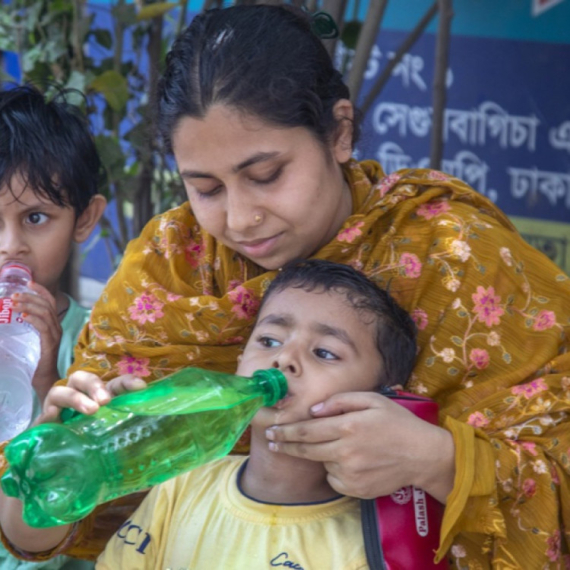


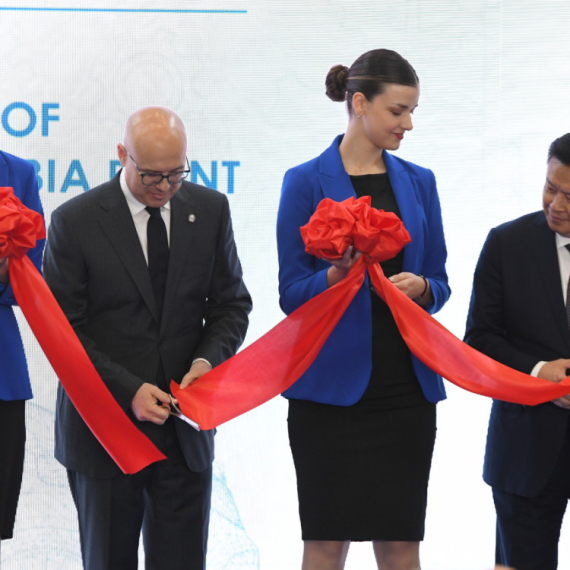
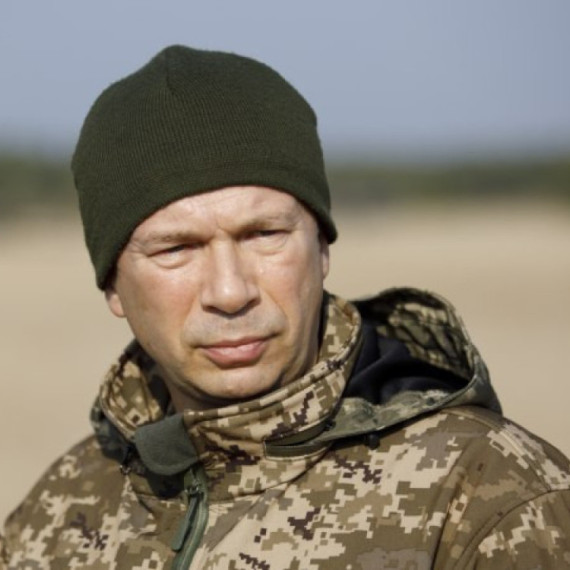
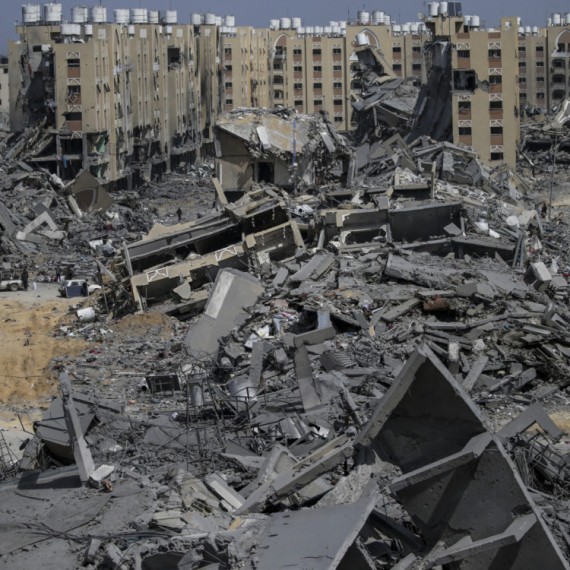

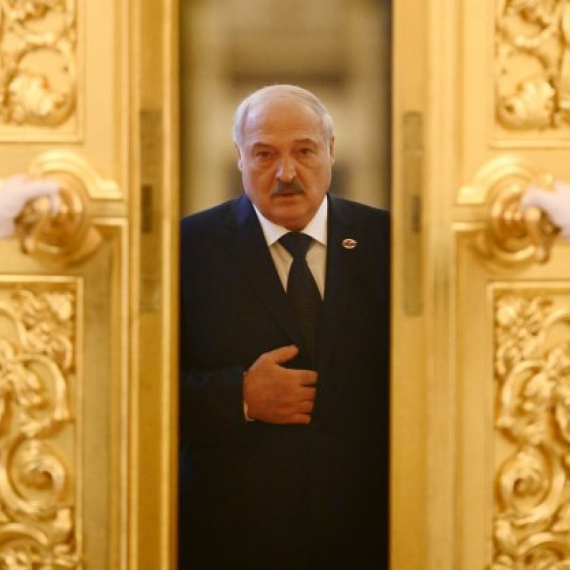








































Komentari 0